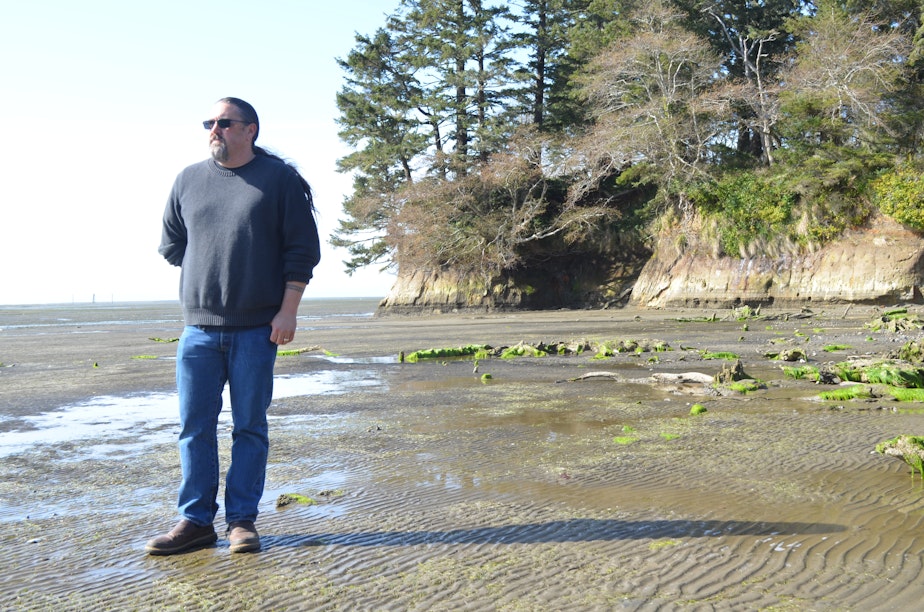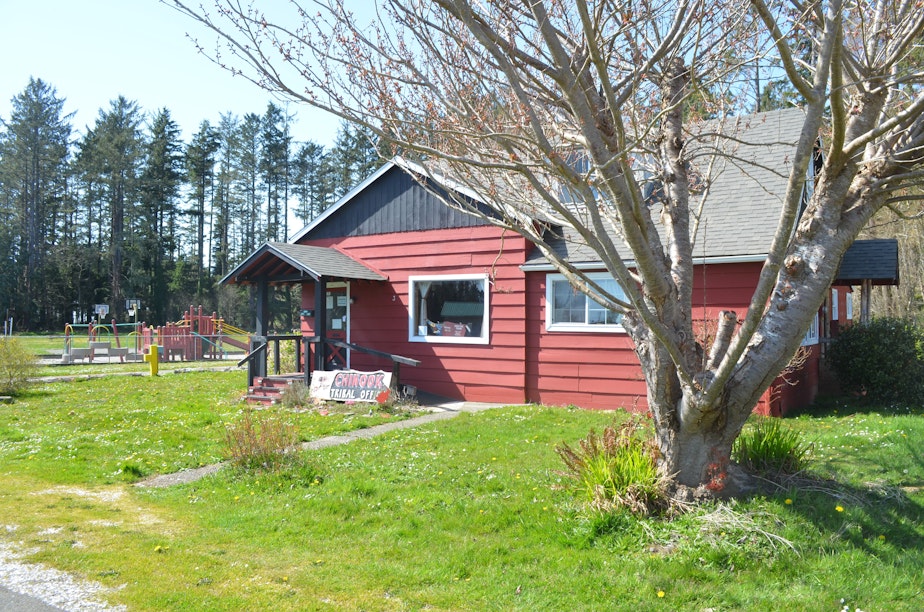These tribes have not received federal assistance during the pandemic. Here's why.

The Indian Health Service has been lauded for the success of its vaccine rollout.
But there’s one group of tribes that received no vaccines, no testing supplies, and none of the federal relief money that’s gone to Indian Country during the pandemic.
Most tribes received testing supplies that Indian Health Service sent to their clinics. And as sovereign nations, they got their own vaccine allocations that they could prioritize as they chose.
In the same way that states got to decide if teachers went first or if seniors went first, tribes also got to make those decisions with the vaccines they received.
And all three relief bills passed by Congress included relief money for tribes.
Tribes used that money for unemployment relief for members, expenses incurred because of the pandemic and, in some cases, they invested it in longer-term infrastructure projects.
The federal government recognizes most tribes as their own sovereign nations and has certain obligations to them, usually guaranteed through treaties.
Sponsored
But there’s a group of tribes that, for complicated historical reasons — the details of which vary from tribe to tribe — the federal government doesn’t recognize.
That means they don’t have the right to protect important cultural landmarks. Or they don't have protected rights to hunt, fish and gather in their traditional territory.
And they don't have their own clinics to receive and administer Covid-19 vaccines.
By some estimates, there are more than 200 such tribes in the U.S., including about a dozen such tribes in Washington state.
Among them: the Duwamish Tribe that occupied the land that’s now Seattle; the Snohomish Tribe; and the Chinook Nation, which straddles the mouth of the Columbia River.
During the pandemic, they got nothing.

Tony Johnson, chair of the Chinook Nation, said that because the Chinook don’t have their own clinics in their communities, some members forewent basic medical care during the pandemic for things like heart disease.
"We have lost folks in the community over the last year, that would not have been lost were Chinook to have been a federally recognized community," Johnson said. "And that is unbearable."
In addition to not receiving federal pandemic relief, the Chinook don't receive money for drug or alcohol programs either. Unemployment and social isolation exacerbated drug and alcohol problems in tribal communities, as they did in many communities throughout the U.S.
Sponsored
These tribes could be recognized through an act of Congress. That's what the Chinook Nation is banking on. But it's not guaranteed.






